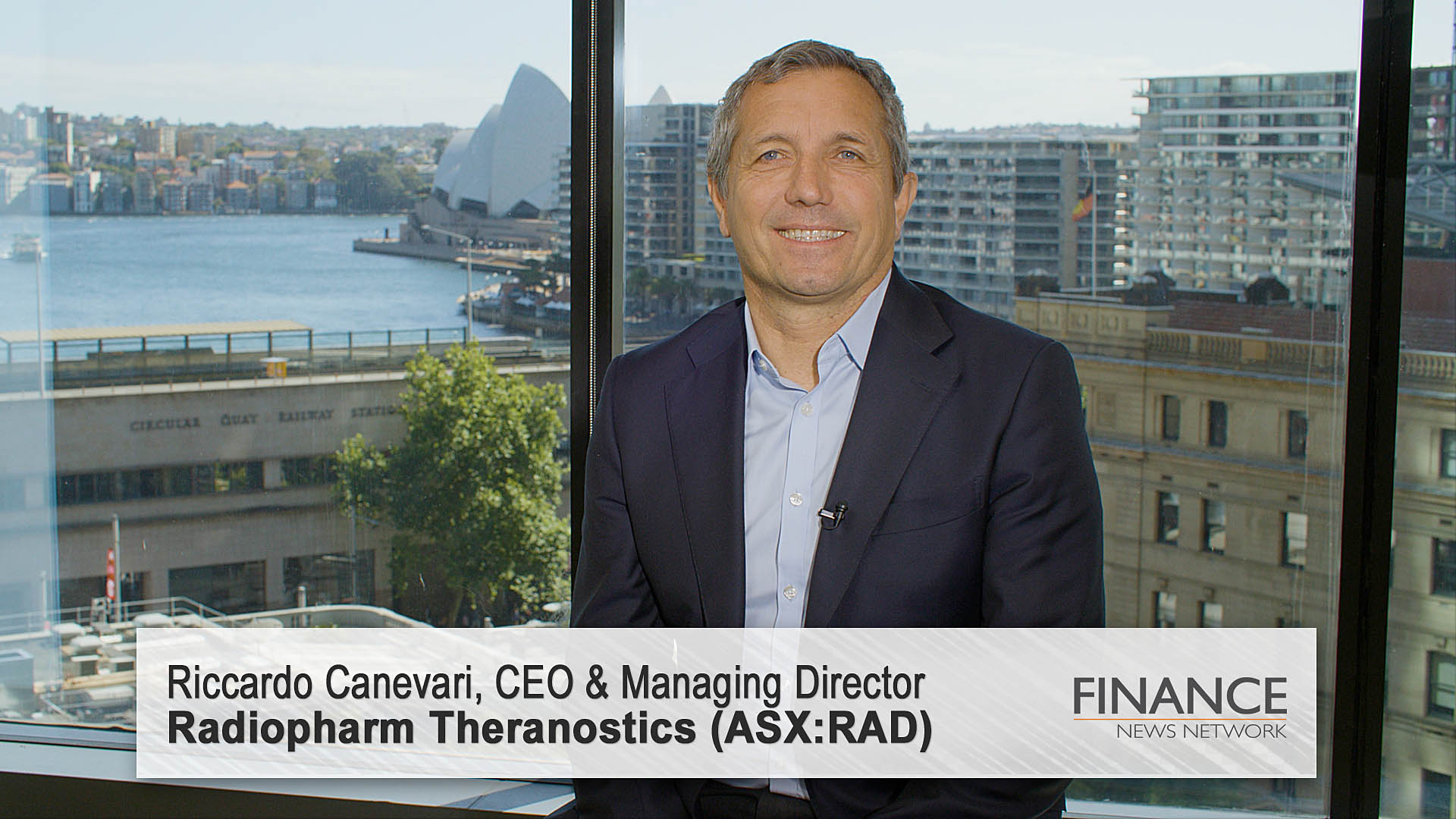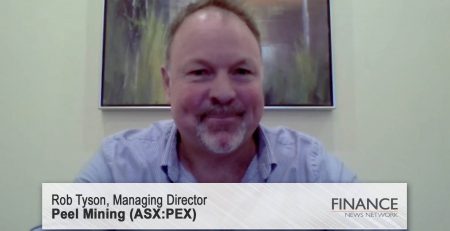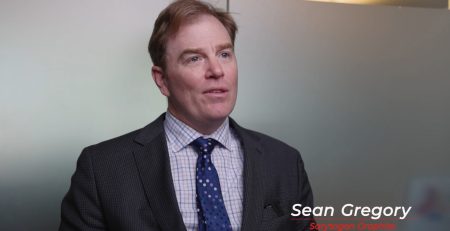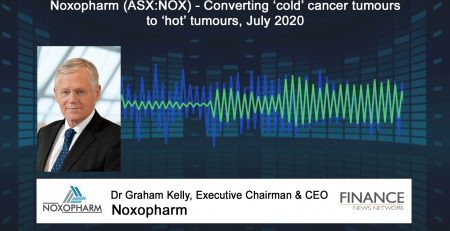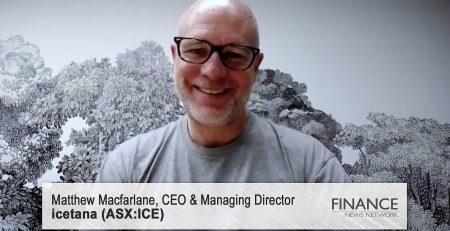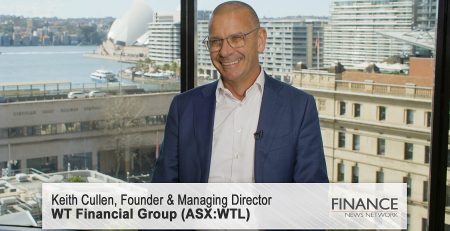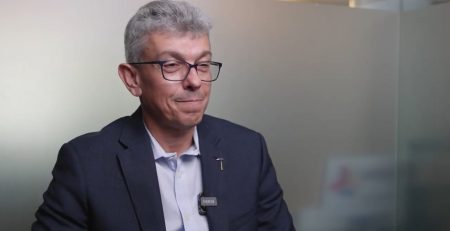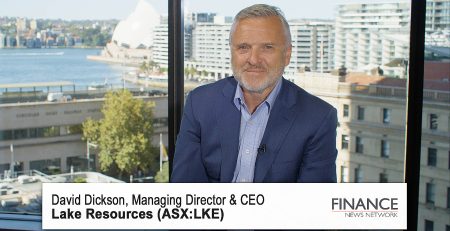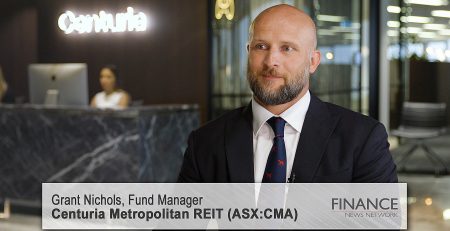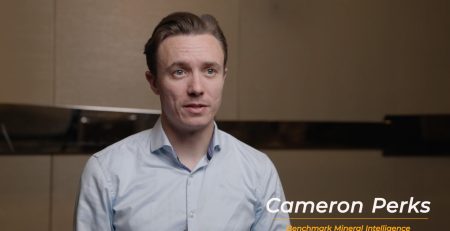Radiopharmaceutical Theranostics (ASX:RAD) to commence NSCLC trial in Australia
Radiopharmaceutical Theranostics Limited (ASX:RAD) Managing Director and CEO Riccardo Canevari discusses the progress of the company's brain, lung and prostate cancer therapies.
Lauren Hayes: We're talking today to Radiopharm Theranostics (ASX:RAD), market cap of $34m. The company has the ambition to become a recognised leader in the development of radiopharmaceutical products for both diagnostic and therapeutic uses in areas of high unmet medical needs. We're joined today by Managing Director and CEO Riccardo Canevari. Riccardo, welcome back to the network.
Riccardo Canevari: Thank you, Lauren, for having me.
Lauren Hayes: Riccardo, could you please give us an update on Radiopharm Theranostics' progress since we last spoke?
Riccardo Canevari: Absolutely. I mean we had two major announcements. One was a joint venture between Radiopharm Theranostics and MD Anderson Cancer Center. Probably people know it is the number one cancer centre in the USA. And the base of this joint venture is really the intention to develop four new therapeutic radiopharmaceuticals for treating important solid tumours. And we are very excited about this joint venture because, of course, we are working with the top scientists in MD Anderson, and the molecules that they are discovering are really with high potential in these disease areas, so really exciting.
This was the first announcement. And then, soon after that, we were very pleased to announce the progresses of our leading agent in our portfolio, that is, F-18 Pivalate. Three weeks ago, we reported positive Phase II data for our imaging agent in a very important area, Lauren, that is, brain metastasis. So, these are patient that usually have breast cancer, lung cancer, melanoma and, unfortunately, after some time this cancer creates a metastasis in the brain. At that time, the disease is even more difficult to see and treat. And the benefit of F-18 Pivalate shown in a statistically significant way in our Phase II trial was the ability to image the brain metastasis. This allow physicians to better understand the evolution of the disease, if the brain metastasis are becoming larger or they are responding to therapy. So we are very excited about this results, and we plan to bring this data to the FDA at the beginning of the new year.
Lauren Hayes: Radiopharm are commencing new clinical trials in Australia in Q1 '23. Can you tell us more about this?
Riccardo Canevari: Yeah, that's correct. So, we are engaging with local companies like CSIRO, we are using GenesisCare. We have already planned for the clinical centre to be involved, and we are starting, at the beginning of 2023, two clinical trials in Australia.
One that I'm very looking forward to is a trial in lung cancer. To my knowledge, this is the first trial that will be conducted in Australia in non-small cell lung cancer with a radiopharmaceutical. So, we are very keen to bring innovation to Australian patients and to start this trial because lung cancer, of course, is a tough disease, and there is high unmet medical need, and we do believe in the value of radiopharmaceutical therapies.
So, this is the first trial. And the second trial, pretty much at the same time… So during Q1 2023, so between January and March of next year, we plan to start a Phase I trial in prostate cancer. So, two very important areas, and we really cannot wait to have our products in the clinic to look at the safety and efficacy of our radiopharmaceutical therapies.
Lauren Hayes: You recently completed an institutional placement and a rights issue. Could you provide some more colour for us on those?
Riccardo Canevari: Yeah, absolutely. So, the institutional placement was concluded. We raised $5.5m. We were pleased to see that this raise was oversubscribed, so this was positive news, of course, and now we are underway with our retail offer. So, this is an important addition to our cash balance. We have more than $21m currently available. With this additional $10m, we plan to have enough runway and funds to go to the end of calendar year 2023, so we can really deploy our clinical development programs full speed and with these important funds that we received.
Lauren Hayes: Riccardo, what can investors expect from Radiopharm from the next six to 12 months?
Riccardo Canevari: Lauren, as we mentioned before, we have two clinical trials starting at the beginning of the new year in Australia, and we also have two Phase I trials starting in the US between Q2 and Q3. So, in 2023, we are going to have a significant news flow about the development of our products. We want to communicate to the market when we have approval to start, when we have the first patient, when we are at 50 per cent of the trial recruitment and, of course, at the end of it. So, it will be a very important and busy period in term of news flow, 2023, due to the multiple activities that we have. We are really excited that now our radiopharmaceutical therapies are getting to the clinics, and hopefully many patients will benefit from them.
Lauren Hayes: Thank you for your time, Riccardo.
Riccardo Canevari: Thanks a lot, Lauren, for having me.
Ends
Copyright 2022 – Finance News Network
Source: Finance News Network

